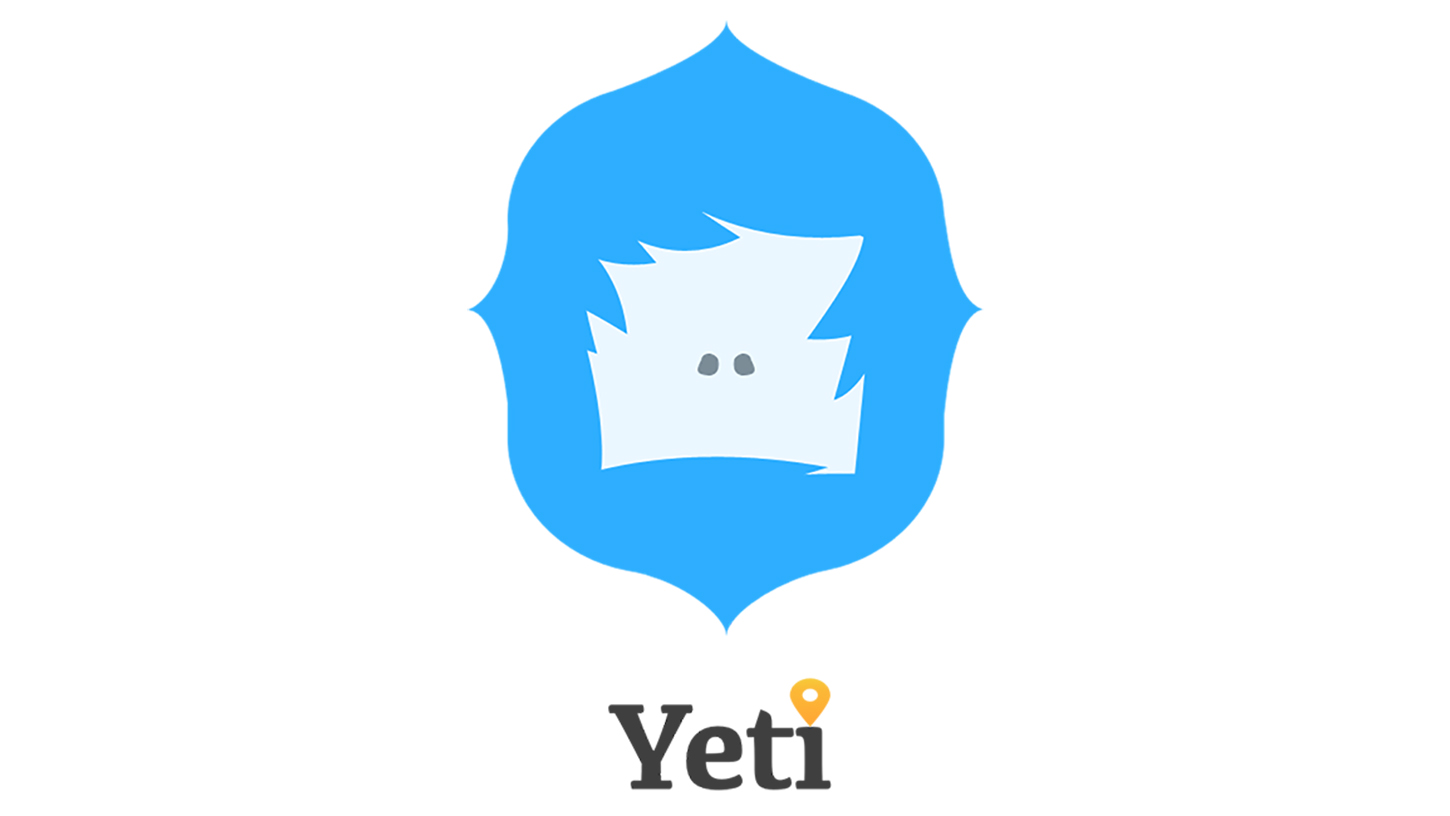‘Yeti’ Will Help Boston Residents Crowdsource Snow Shoveling

Yeti logo, courtesy of Chris Barry
It’s been an unseasonably warm December here in Boston, but after last year’s record-breaking Snowpocalypse, most locals aren’t complaining.
Chris Barry, on the other hand, is hoping to see some flurries soon.
“Yeah, I’m one of the few people in Boston sitting around, thinking, ‘Okay, any day now.’ I’m ready for it,” he says.
Inspired by the woes of last winter, the business consultant-turned-developer is building an app, called Yeti, that will offer a platform for Bostonians to crowdsource snow-shoveling services from other locals.
“The basic concept is matchmaking between buyers and sellers,” he says. “It’s a model of neighbors helping neighbors.”
Initially, Yeti will focus on helping people dig out their cars.
“[Last winter] I saw my car covered in snow and thought, ‘Wow, that’s the last thing I want to deal with right now,'” says Barry. (He wasn’t the only one—flashback to last March, when Boston contributor Susan Zalkind got creative with Tinder to avoid performing the dreaded winter task herself.)
Yeti’s user experience will work much like Uber’s. A customer will pull up the app, drop a pin on a map to indicate the location of the car, add a description (“parked across from CVS by the mailbox,” for example), and get matched with a “Yeti,” who will then take a photo of the car covered in snow, dig it out, and send a final update. The customer will then be able to rate the Yeti’s performance.
“It’s a standard five-star rating, and then there’ll be a system in place to make sure that shovelers who aren’t doing a good job are weeded out,” says Barry.
Prices have yet to be determined, but Barry is playing around with a few ideas, including putting a premium on shorter waiting periods and giving a discount on longer ones.
When the app launches, either in late January or early February, he’s looking to focus on a few neighborhoods to gauge interest.
“We want to make sure that initially, there’s the right mix of buyers and sellers within a given geographical area that can actually help each other,” he says. “There’s not much use to have somebody in Quincy wanting their car shoveled if the only person who wants to shovel is in Cambridge.”
Yeti, of course, is a seasonal app, but as a new developer, Barry welcomes the built-in break, which will allow for a chance to use feedback to fine-tune the app. Depending on how this winter goes, he might look into expanding into driveways and sidewalks next year.
“This winter gives me a good opportunity to build it and test it and validate the idea,” he says.
As for the app’s name, Barry says it was only partially inspired by the Boston Yeti, who emerged last winter with the hope of “trying to make as many people smile as possible.”
“The idea of having the term ‘yeti’ in my head? Yeah, sure, it came from him. But that kind of ends there,” says Barry. “Part of what I want to do with the branding is have a bit of fun with it. What better image to put in people’s heads than a big, strong beast coming along to take care of everything for them?”
The Boston Yeti himself has reached out to Barry on Twitter, and the two seem to be on friendly terms.
“He’s cool. He seems like a nice guy,” says Barry. “He wants to sit down and chat sometime later this month. I won’t speak for him, but he didn’t seem upset by it—just kind of curious.”


